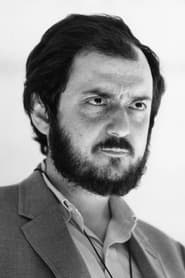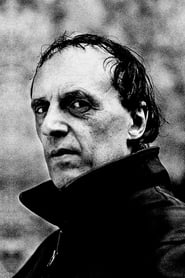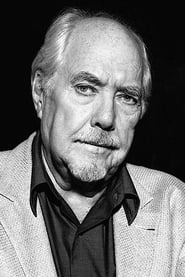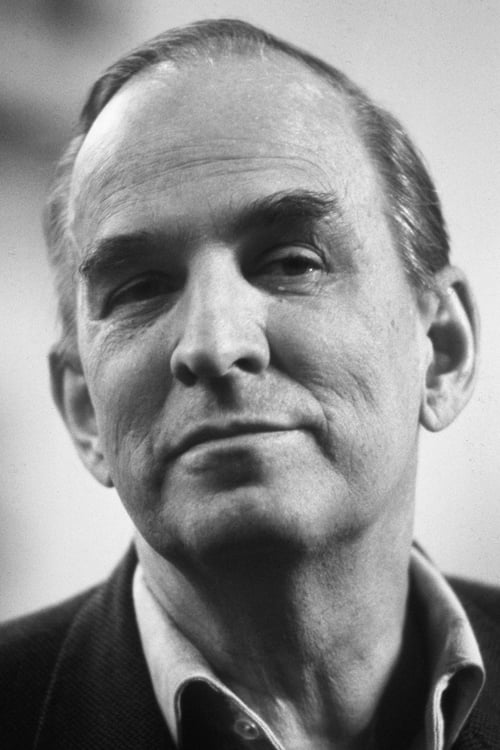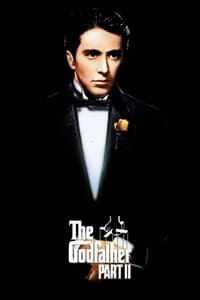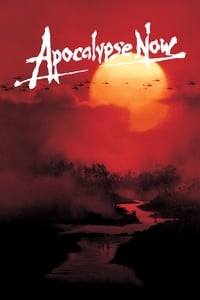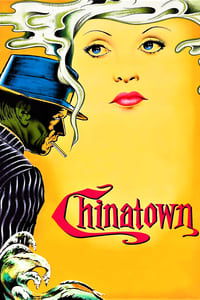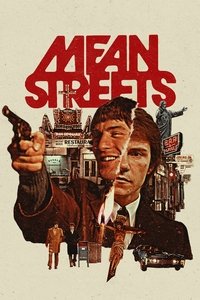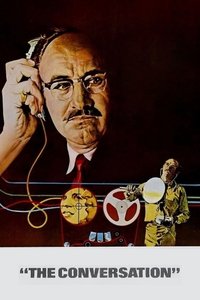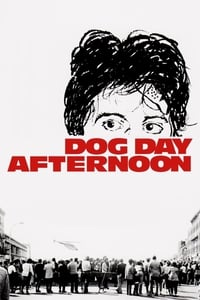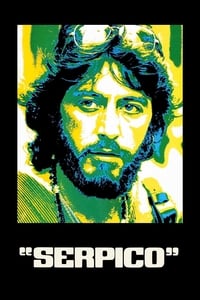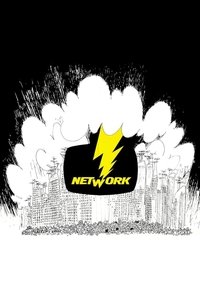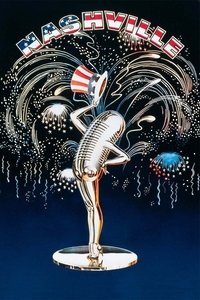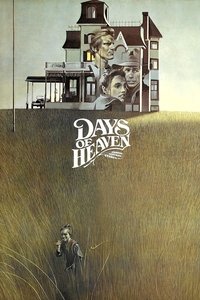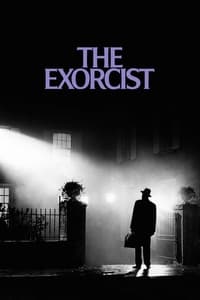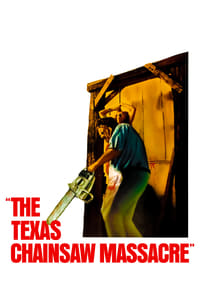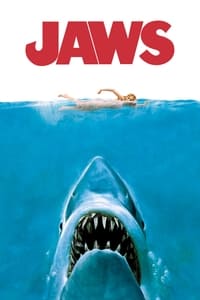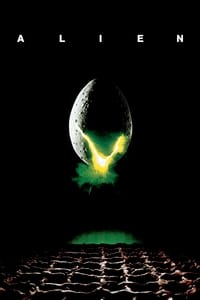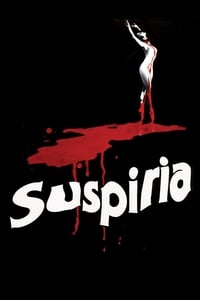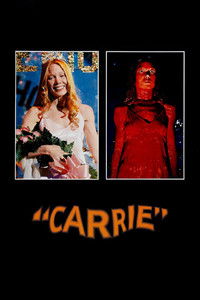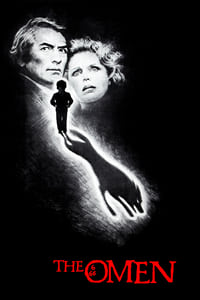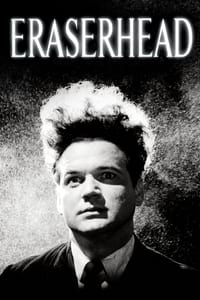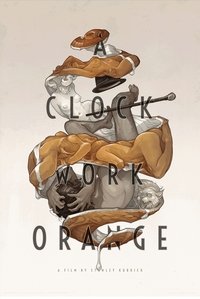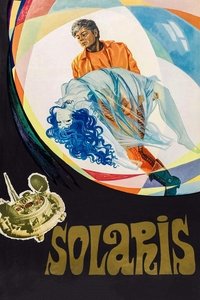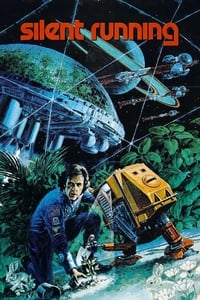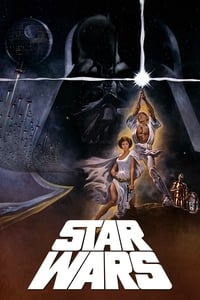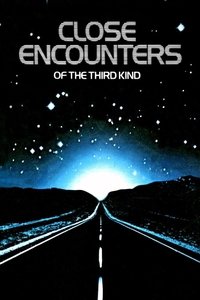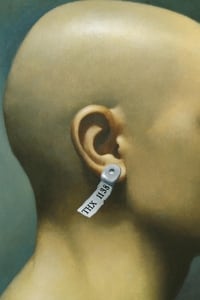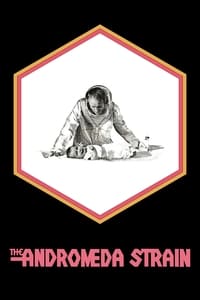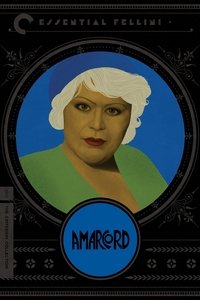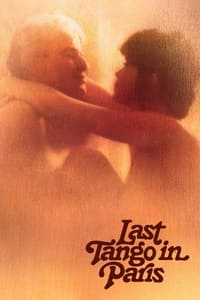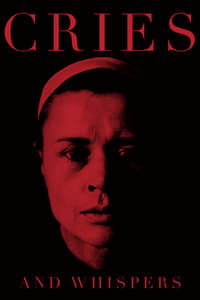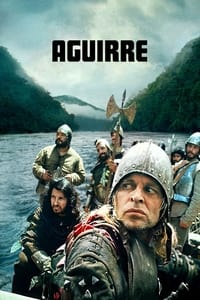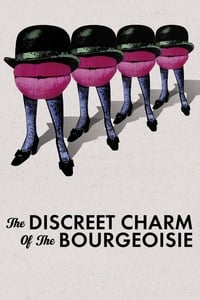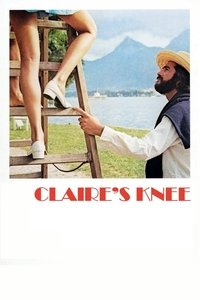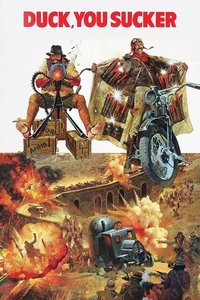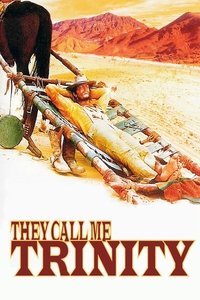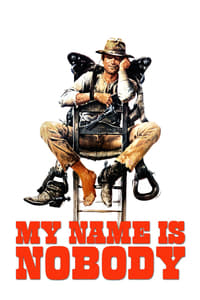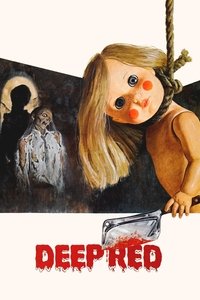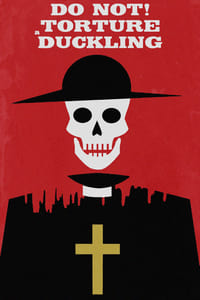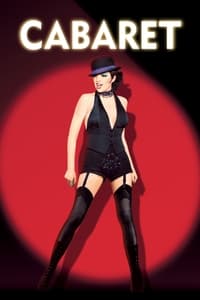The Cinema of the 1970s – Revolution on Screen
The 1970s were a decade of creative rebellion. After the social revolutions and cultural upheavals of the 1960s, cinema entered an era of freedom, cynicism, and experimentation. Filmmakers around the world broke away from studio conventions to create personal, daring, and politically charged works that would redefine what cinema could be.
The New Hollywood Era
In the United States, the studio system was collapsing, and a new generation of filmmakers—raised on European art films and countercultural ideals—took control. Directors like Martin Scorsese, Francis Ford Coppola, Robert Altman, Hal Ashby, and William Friedkin used cinema as a mirror of a disillusioned America. Their heroes were no longer cowboys or clean-cut patriots, but gangsters, outcasts, and antiheroes.
From Taxi Driver to The Godfather, from One Flew Over the Cuckoo’s Nest to The Exorcist, these films challenged morality, power, and identity. The 1970s marked the birth of “auteur cinema” in Hollywood, blending artistic ambition with mainstream success.
European Radicalism
Meanwhile, in Europe, filmmakers pushed boundaries even further. In Italy, the Giallo genre flourished with directors like Dario Argento and Lucio Fulci, while the Spaghetti Western reached its apotheosis with Sergio Leone’s Once Upon a Time in the West. France embraced political cinema (Costa-Gavras, Bertrand Tavernier) and intimate realism (Éric Rohmer, François Truffaut). Germany experienced the New German Cinema, led by Rainer Werner Fassbinder, Werner Herzog, and Wim Wenders, who explored alienation and identity in a divided country.
The decade also saw the rise of British social realism, Spanish surrealism with Luis Buñuel, and Scandinavian existentialism with Ingmar Bergman continuing his introspective exploration of faith and despair.
Genre Explosion
The 1970s redefined every genre:
- Horror was reborn with The Texas Chain Saw Massacre (1974), Halloween (1978), and Suspiria (1977).
- Science fiction gained philosophical and visual depth with A Clockwork Orange, Solaris, and Star Wars.
- Crime thrillers like Serpico and Chinatown turned moral corruption into Shakespearean tragedy.
- Even musicals like Cabaret and Saturday Night Fever captured the dark pulse of the era.
This was also the decade of the auteur blockbuster: Jaws (1975) and Star Wars (1977) redefined the business of cinema forever, bridging the gap between artistic innovation and mass entertainment.
Legacy of a Golden Decade
The 1970s left behind a cinema that was fearless, human, and reflective of its time. It was a period where ambiguity was not feared, but celebrated — where film dared to ask questions instead of giving answers. From political thrillers to psychedelic horrors, from intimate dramas to operatic epics, the 1970s proved that cinema could be both art and entertainment, both mirror and myth.


